Home / Entertainment
5 famous shows every medical student should watch
These shows combine real‑life medical dilemmas, hardcore challenges, and spine-chilling incidents
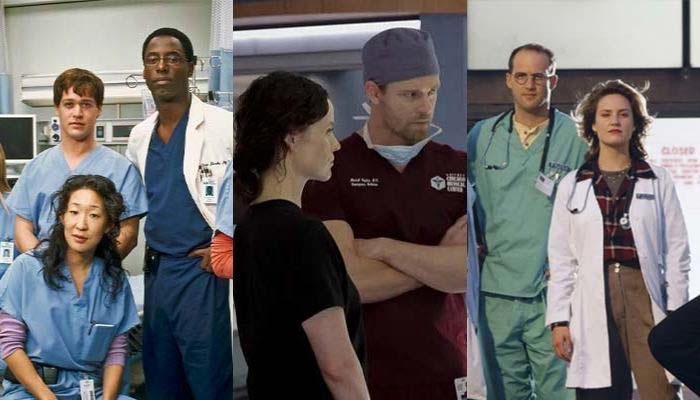
Medical dramas are great for sharpening critical thinking skills and learning how to navigate tough, high-stakes situations, including those where lives hang in the balance.
These shows combine real‑life medical dilemmas, hardcore challenges, and spine-chilling stories. And very vital for doctors-in-training and for those who aspire to become doctors.
Here are five must-watch shows that provide entertainment and knowledge, either for professionals or for a general audience.
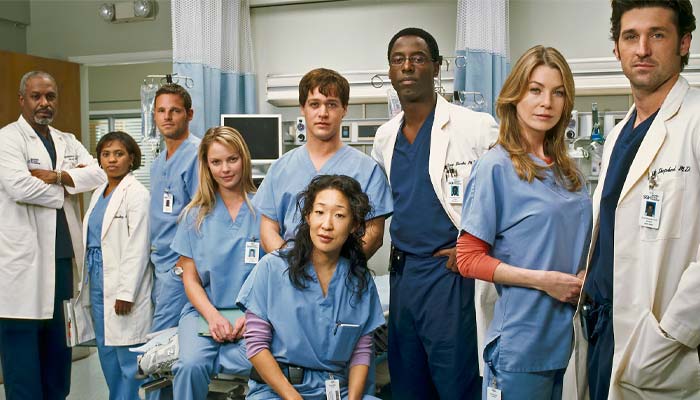
1. Grey’s Anatomy
The series premiered in 2005 and follows surgical interns and residents at Seattle Grace Hospital, which was later renamed Grey Sloan Memorial. Created by Shonda Rhimes, it's become a television phenomenon with over 20 seasons.
It shows teamwork, emotional pressure, and complicated patient situations. It highlights bioethical issues, tough choices about consent, errors, and death, all integrated into character development.
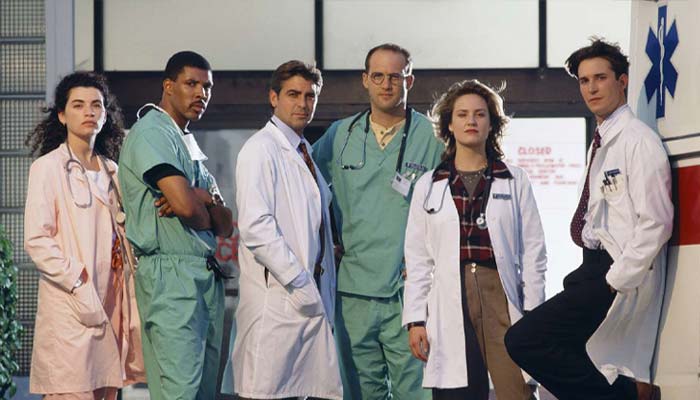
2. ER
Premiering in 1994, ER is set in a fast-paced Chicago emergency department. Before Grey’s Anatomy, it held the title of longest-running medical drama on American TV. Many medical students have watched it to see high-pressure decision-making and human drama in real time. The show teaches how quick thinking, clear communication, and teamwork are essential when every moment counts.

3. House MD
The House (2004–2012) centers on Dr. Gregory House, a brilliant but rude diagnostician ruling out medical mysteries. Often described as a medical Sherlock Holmes, the show combines diagnostic mysteries, drama, procedures, and character complexity.
It’s a favorite among health-science students for its mysterious clues and ethical dilemmas. Students and educators have watched episodes to teach about rare diseases, reasoning, pharmacology, and doctor-patient psychology. The show moves around the mistakes made by doctors while diagnosing the patient, but how well they rule out disease or disorder, showcasing the brilliance of doctors as well.
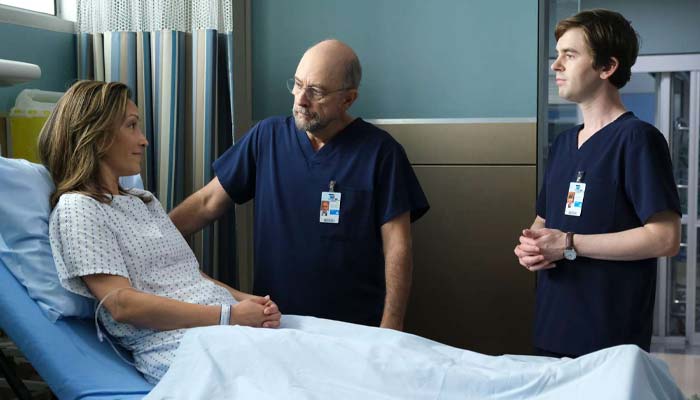
4. The Good Doctor
The Good Doctor features a young boy named Dr. Shaun Murphy, who is suffering from autism and savant syndrome, providing him extraordinary medical capabilities, but it also alters his social interactions and ways of communicating. The 2017 show follows his journey through residency in a busy hospital environment.
This series offers a fresh perspective on diversity in medicine and how neurodiverse doctors navigate the professional world. It touches on bias, communication challenges, and team dynamics, all through an emotional, compassionate lens. Medical students often feel inspired by Shaun’s perseverance and the show’s positive portrayal of inclusive care.
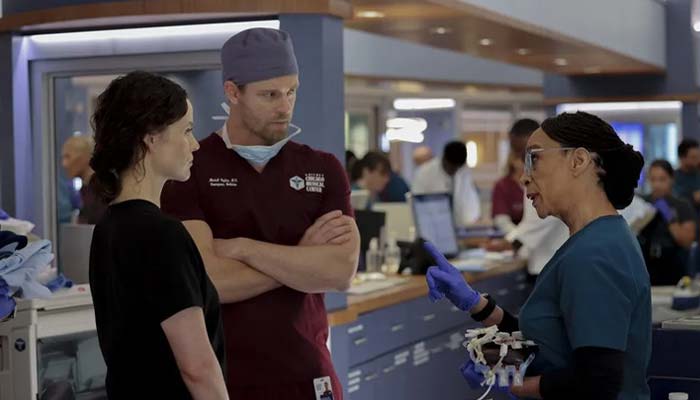
5. Chicago Med
Part of the larger Chicago franchise, Chicago Med centers on the Gaffney Chicago Medical Center staff as they tackle complex medical cases and personal dramas in the Windy City.
Students describe it as one of the most realistic medical dramas. It covers cases across departments and highlights how hospital systems, ethics committees, and nurse-doctor cooperation work in real hospitals. The show’s ensemble cast includes nurses and doctors working side by side. As a student, you see what happens at every level of care.
Why do medical students have to watch these shows?
Across multiple studies, medical dramas emerge as a favorite viewing for health‑science students. Shows like The Good Doctor, House MD, and Grey’s Anatomy lead in viewership and in remembered ethical topics such as medical errors, professionalism, and death.
Experts recommend watching specific scenes or episodes in ethics and communication classes, noting that these kinds of scenes make lessons more interesting and memorable than traditional lectures.
For example, a scene from House MD where Dr. House just diagnosed a patient by seeing his nails. This has been used to teach patient communication, rare diagnostics, and boundary issues.
Tips for watching with purpose
- Keep perspective. These are dramas first, not perfect representations of medical work. Hospitals don’t run like TV shows.
- Watch with a reflective mindset. Ask yourself: what ethical dilemmas arose? How well did characters communicate with patients? What systems helped, or failed?
- Use episodes to start discussions. Share scenes with peers or instructors to talk about real vs dramatic elements, patient safety, or professional behavior.
Balance fun with critical thinking. These shows are entertaining. Let yourself enjoy them, but also think: does that moment reflect real clinical life?
These shows can inspire viewers, provoke ethical discussions, and provide insights into life in a hospital setting. Based on real-life incidents.





